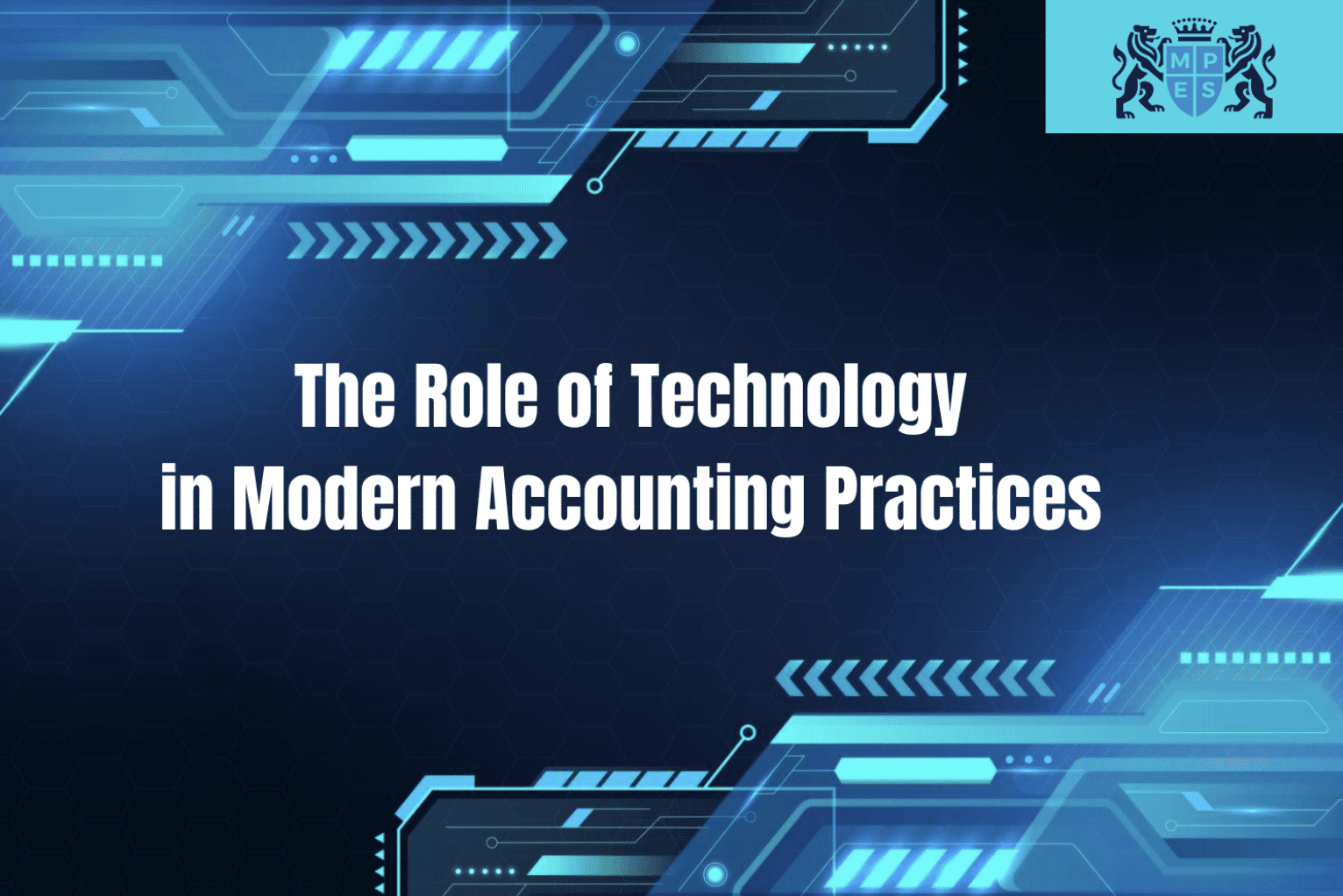
Accounting has undergone a significant transformation, shifting from manual bookkeeping to digital-driven financial management. Modern accounting practices have become more efficient and accurate by integrating advanced tools. These innovations not only streamline financial processes but also enhance decision-making for businesses. As technology continues to evolve, professionals taking the ACCA Foundations Course must adapt to the changing demands of the accounting profession. The use of digital tools to enhance financial transparency and strategic planning is becoming essential to the future of accounting.
This blog will explore how technology transforms modern accounting practices and financial decision-making.
How Technology is Enhancing Modern Accounting Practices
Technology has revolutionised how organisations handle financial procedures by greatly increasing accounting accessibility, accuracy, and efficiency. The main ways that technology is changing contemporary accounting procedures are listed below:
1. The Digital Transformation of Accounting
Efficiency has greatly increased due to the move from conventional accounting techniques to digital solutions. Rising cloud computing allows companies to save financial data safely online. Remote collaboration among accountants made possible by online platforms such as QuickBooks, Xero, and Sage helps to simplify procedures and reduce paperwork.
Automation tools also manage routine tasks, including reconciliation, data entry, and invoice processing. In addition to saving time, this reduces human mistakes, guaranteeing better accuracy in financial reporting. Businesses that adopt digital accounting will acquire a competitive edge as technology develops by raising efficiency and lowering running expenses.
2. The Impact of Artificial Intelligence and Machine Learning
Artificial Intelligence or AI is already revolutionising the field; it is no longer a futuristic concept. Software that AI drives can quickly look through huge amounts of financial data to find patterns and predict future trends. This helps companies make smart choices about their money and find risks before they become big issues.
Machine learning can help find fraud by noticing strange trends in transactions. It also makes predictions more accurate, which helps businesses get ready for future financial problems. Since AI can do complicated calculations and ensure companies follow the rules, accountants can focus on strategy planning and giving advice, which is better for their companies.
3. Cloud Accounting: Accessibility and Efficiency
The way organisations handle their accounts has been completely transformed by cloud accounting. Cloud-based solutions provide real-time access from any location, data backups, and automatic updates, in contrast to traditional software that needs to be installed and updated. Businesses with several locations or remote teams can particularly benefit from this.
Cost-effectiveness is one of the main benefits of cloud accounting. Businesses can now keep and manage their financial information without costly IT equipment. Instead, they can sign up for cloud services and pay for the services they utilise. Additionally, companies can more transparently monitor cash flow, expenses, and profits using real-time financial tracking.
4. The Role of Blockchain in Financial Security
Blockchain technology’s ability to improve security and openness drives interest in accounting. A blockchain is a secure, distributed ledger used in transaction recording. This guarantees that financial data cannot be changed or controlled secretly.
Blockchain reduces the risk of fraud, as every transaction is permanently recorded and identifiable. As more companies use blockchain technology, accountants must know its uses and effects on financial reporting and compliance.
5. Automation in Tax Compliance and Financial Reporting
Financial report generation and tax filing can be difficult and time-consuming processes. But automation has made these procedures much more efficient. Today, sophisticated accounting software lowers the possibility of mistakes and fines by calculating taxes, creating reports, and guaranteeing adherence to legal requirements.
Businesses may ensure accurate filings using tax automation technologies to remain abreast of evolving tax legislation. Similarly, real-time information produced by financial reporting software enables companies to make prompt, well-informed decisions. Automation frees accountants to concentrate on corporate planning and strategic expansion by decreasing manual work.
6. Turning Data into Strategic Financial Insights
Modern accounting is not only about number crunching but also about analysing data to advance corporate success. Data analytics technologies give accountants actionable insights, trend analysis, and inefficiency identification. These insights let companies maximise profitability, streamline expenses, and improve budgeting.
AI-powered predictive analytics lets businesses guess what will happen with their finances by looking at past data. This helps them make smart choices, like changing how they set prices or improving their cash flow. As businesses depend more on data-driven strategies, they will need accountants with strong analytical skills more and more.
Conclusion
Modern accounting is being revolutionised by technology, which makes procedures more accurate, data-driven, and efficient. Companies use digital tools to improve financial management, from blockchain security to AI-powered automation. Professionals need to keep up with new trends as the industry changes.
For more information, visit MPES Learning.








